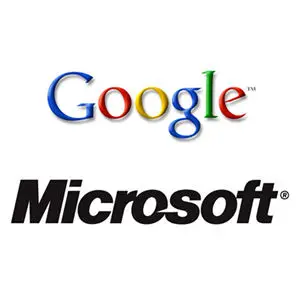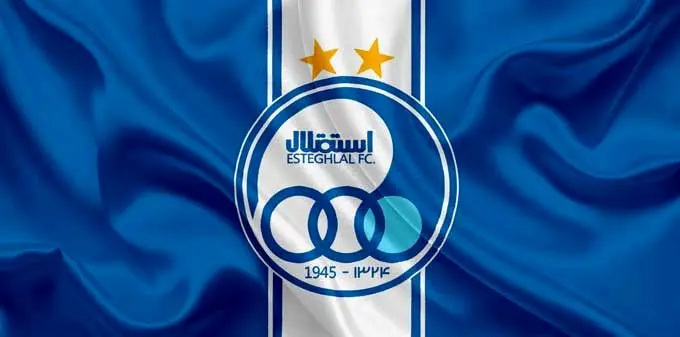
Afkarnews -The Nexus ۷ is Google ' s effort to control Android ' s slide into fragmentation while simultaneously setting a benchmark for price and quality. For Microsoft, the Surface tablets are the end of a three - year initiative to build platforms from the ground up. And the software giant isn ' t going to leave the final leg to hardware manufacturer, Informationweek reported.
Both Google and Microsoft have watched the performance of their respective operating systems suffer with underpowered, hastily built hardware. Microsoft learned years ago that a poorly written hardware driver could bring Windows to its knees. More recently, Google watched manufacturers cash in on the iPad craze by churning out one cheap, useless tablet after another. Even K - Mart was selling an Android tablet early on for $۱۴۹. K - Mart didn ' t suffer. Android did.
For Microsoft, what was a near - perfect business model is bending under the weight of a new set of consumer expectations created by Apple. Bill Gates ' biggest coup in the ۱۹۸۰s is now legend. The small startup deferred the heavy lifting of building hardware to IBM and clones. The startup only had to make a product once and sell it millions of times without concerning itself about hardware, except to ensure DOS, and later, Windows, ran on it.
Google ' s initial model was even further removed from the hardware layer. Google didn ' t care what hardware, operating system, or even browser someone used to get on the internet provided they searched with Google once they got there.
But all that has changed in a paradigm of controlling a user ' s soup - to - nuts computer experience the way Apple is perfecting. Apple built loyalty and record sales by shepherding the user in every interaction with its products and services. Over time Apple has grown the scope of the user experience from software and hardware to a larger ecosystem that includes third - party apps, commerce, and even an emotional relationship between manufacturer and buyer.(Who else has fan boys?) Apple discovered the paradigm because it was the only company positioned to recognize it. Amazon also found success with Apple ' s model and the Kindle Fire quickly jumped to the second best - selling tablet.
So Microsoft is once again playing catch - up. But it ' s not without its own successful example of a hardware - software ecosystem. X - Box is a winning example of besting Nintendo and Sony. Of course, the stakes are greater for the Surface and Microsoft as a whole. Its success depends on tying its disparate units into an ecosystem.
For being such an underdog, Microsoft is the biggest bully in the room. It has many tools at its disposal, including a $۵۰ billion war chest. Microsoft is enterprise. It could, for example, toss in a handful of tablets to each IT department as part of its volume licensing agreement. That might distract a CIO ' s attention from Apple; that is, if the Surface integrates seamlessly into the enterprise as promised. It ' s like when Microsoft embedded Internet Explorer into Windows ۹۵ to get Internet users hooked on its browser. It worked. Twelve years after a federal judge ruled Microsoft could no longer bundle IE as part of Windows, IE still can claim the title of the most - used browser in history. Chrome managed to edge it out only in May.
Google built the Nexus ۷ as the benchmark for price and performance. It had to. Different versions of Android span dozens of devices. How can a serious tablet buyer measure the countless Android tablets against the iPad, Fire, or Nook? With the Nexus ۷, Google builds the final piece of its ecosystem. Consumers will know when they buy the N۷ they ' ll get a tablet with an OS that ' s made for it and that all future updates will work on it.
Although pricing hasn ' t been set for the Surface tablets, Microsoft says it will be competitive. Unlike Google, Microsoft is charging OEMs for the OS, so it will start at a disadvantage. But Microsoft has never been about being the low price leader so it could create some wiggle room for competitors, who might skimp on processing power or screen size or a keyboard yet still make a competitive product. The next - generation Nook, for example - - Microsoft bought an ۱۸% stake in it earlier this year - - could sell for $۹۹ because it ' s a mature product. The design, development, marketing, and distribution channels already have been established. Look for a Windows ۸ Nook next to the Surface at Microsoft stores this fall. Competitors will find their niche in between.
Bargain hunters in the market for an Android or Windows ۸ tablet can always find a deal from other companies. But shoppers who want their mobile OS of choice on a tablet backed by the software developer will know where to go.
















